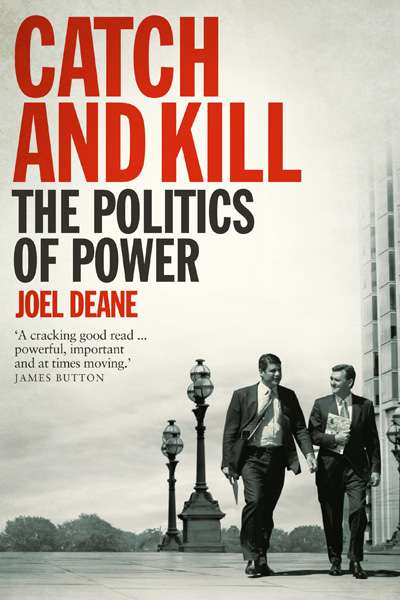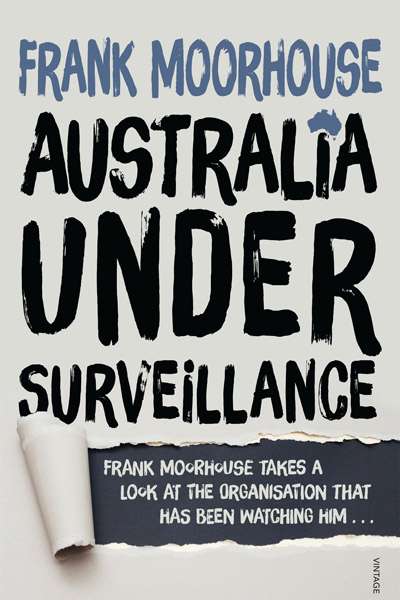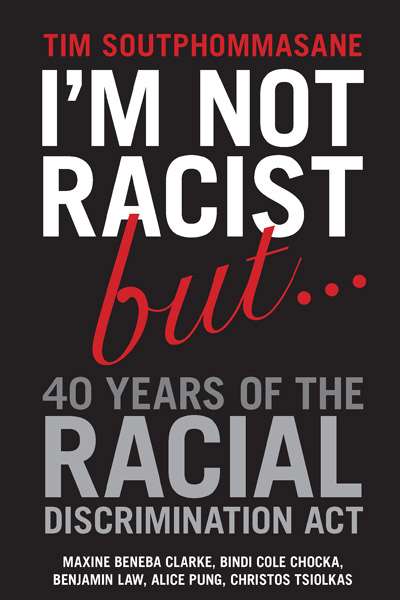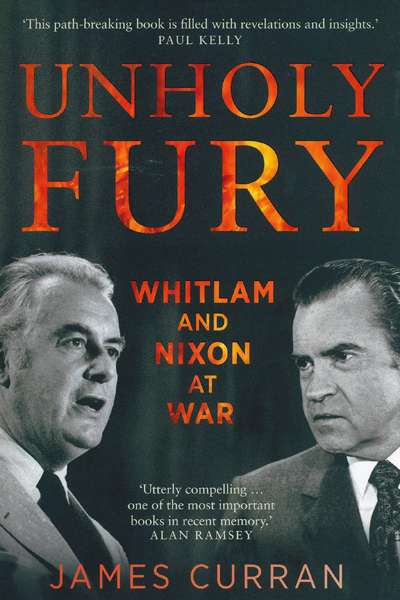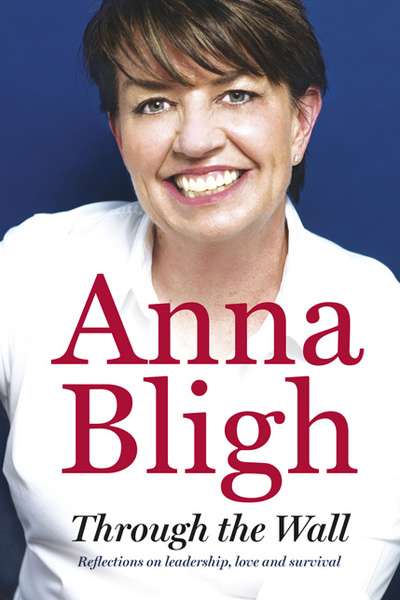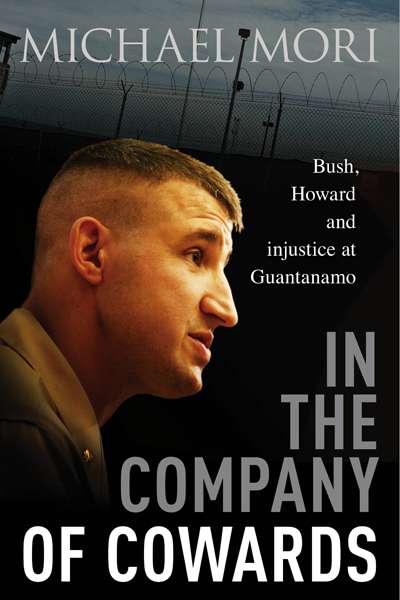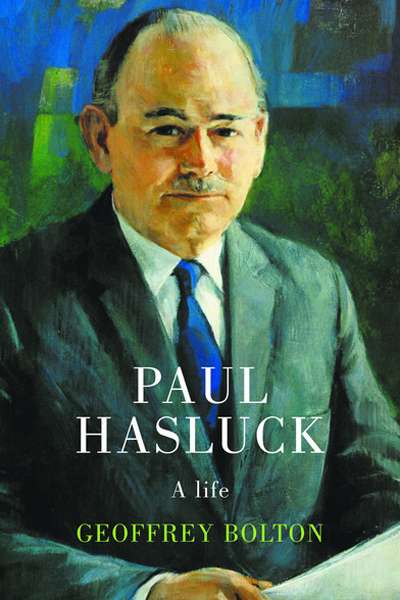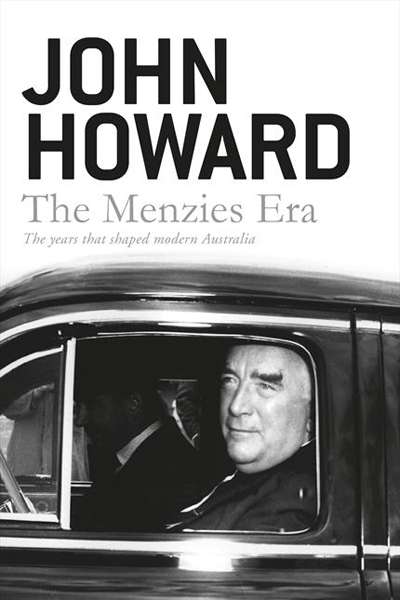Australian Politics
I'm Not Racist But ... 40 Years of the Racial Discrimination Act by Tim Soutphommasane
by Peter Mares •
Through the Wall: Reflections on leadership, love and survival by Anna Bligh
by Lyndon Megarrity •
In the Company of Cowards: Bush, Howard and injustice at Guantanamo by Michael Mori
by Ben Saul •
The Menzies Era: The years that shaped modern Australia by John Howard
by James Walter •
Dick Hamer: The liberal Liberal by Tim Colebatch
by Geoffrey Blainey •

